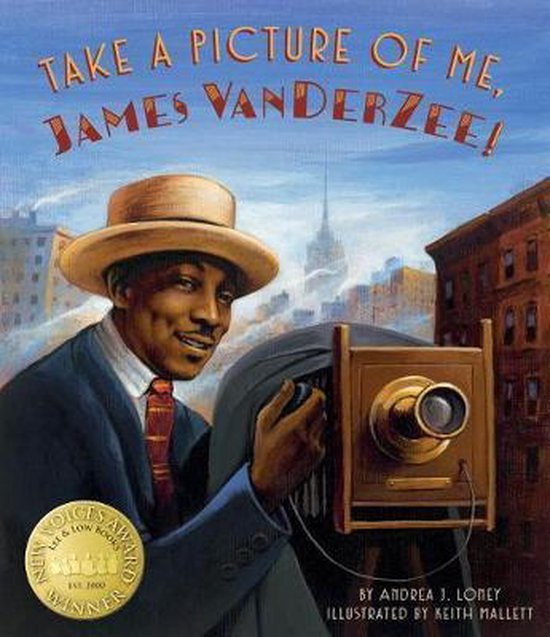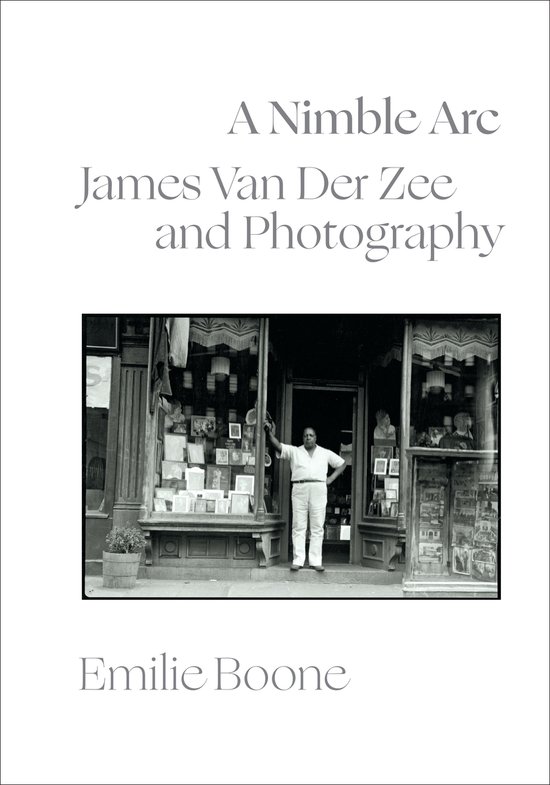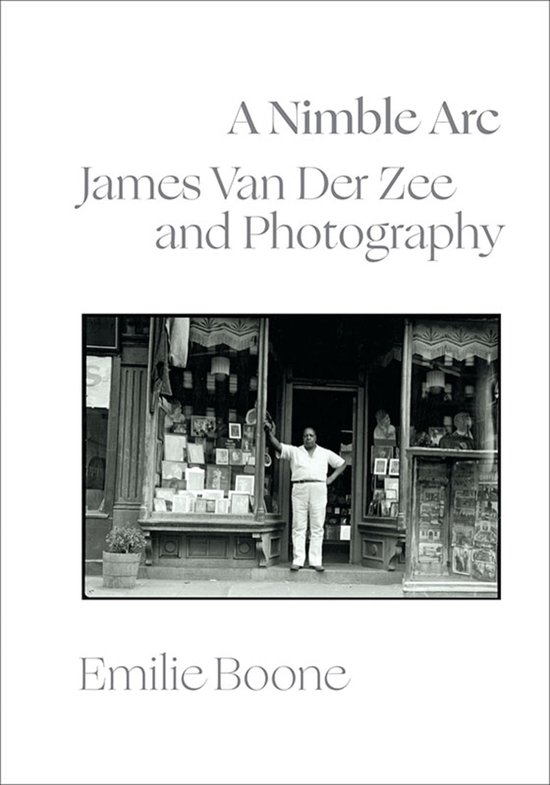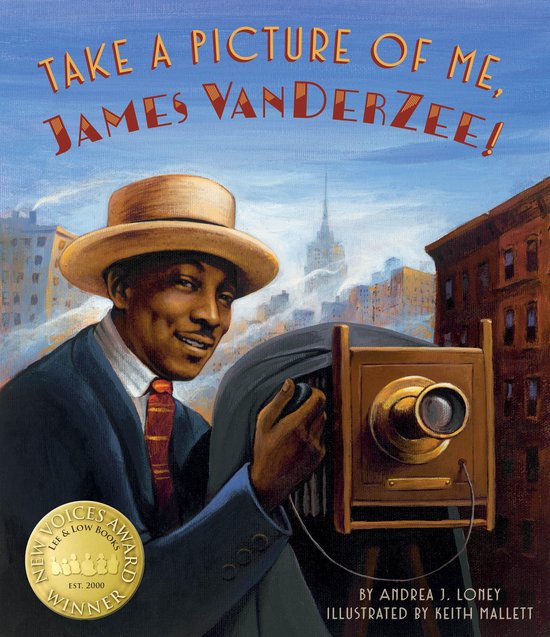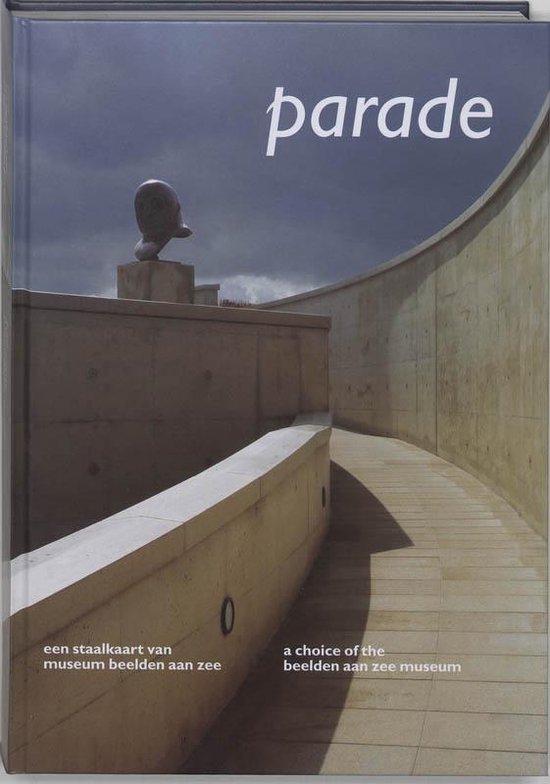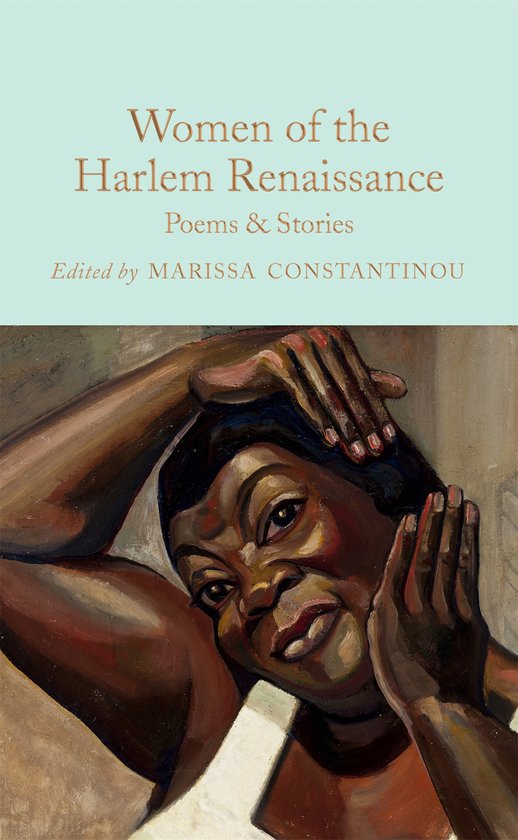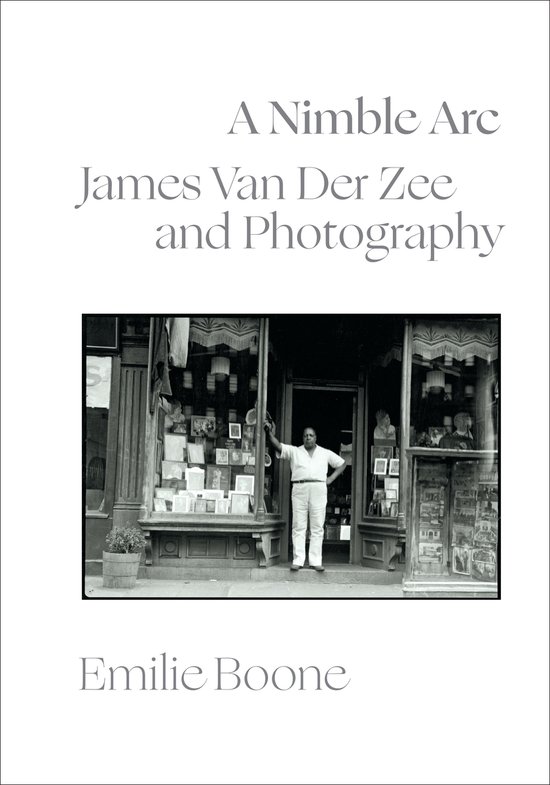
The Visual Arts of Africa and its Diasporas-A Nimble Arc
Emilie Boone considers James Van Der Zee’s photographic work over the course of the twentieth century, showing how it foregrounded aspects of Black daily life in the United States and the larger African Diaspora.
While James Van Der Zee is widely known and praised for his studio portraits from the Harlem Renaissance era, much of the diversity and expansive reach of his work has been overlooked. From the major role his studio played for decades photographing ordinary people and events in the Harlem community to the inclusion of his photographs in the landmark Harlem on My Mind exhibition at the Metropolitan Museum of Art in 1969, Van Der Zee was a foundational Black photographer whose work illustrates the shifting ways photography serves as a constitutive force within Black life. In A Nimble Arc, Emilie Boone considers Van Der Zee’s photographic work over the course of the twentieth century, showing how it foregrounded aspects of Black daily life in the United States and in the larger African diaspora. Boone argues that Van Der Zee’s work exists at the crossroads of art and the vernacular, challenging the distinction between canonical art photographs and the kind of output common to commercial photography studios. Boone’s account recasts our understanding not only of this celebrated figure but of photography within the arc of quotidian Black life.
While James Van Der Zee is widely known and praised for his studio portraits from the Harlem Renaissance era, much of the diversity and expansive reach of his work has been overlooked. From the major role his studio played for decades photographing ordinary people and events in the Harlem community to the inclusion of his photographs in the landmark Harlem on My Mind exhibition at the Metropolitan Museum of Art in 1969, Van Der Zee was a foundational Black photographer whose work illustrates the shifting ways photography serves as a constitutive force within Black life. In A Nimble Arc, Emilie Boone considers Van Der Zee’s photographic work over the course of the twentieth century, showing how it foregrounded aspects of Black daily life in the United States and in the larger African diaspora. Boone argues that Van Der Zee’s work exists at the crossroads of art and the vernacular, challenging the distinction between canonical art photographs and the kind of output common to commercial photography studios. Boone’s account recasts our understanding not only of this celebrated figure but of photography within the arc of quotidian Black life.
| Auteur | | Emilie Boone |
| Taal | | Engels |
| Type | | Paperback |
| Categorie | | Mens & Maatschappij |
